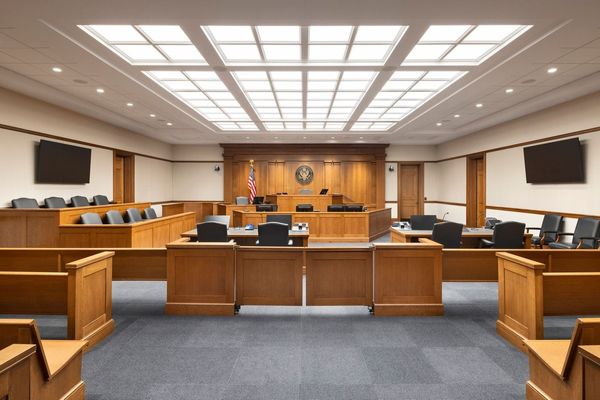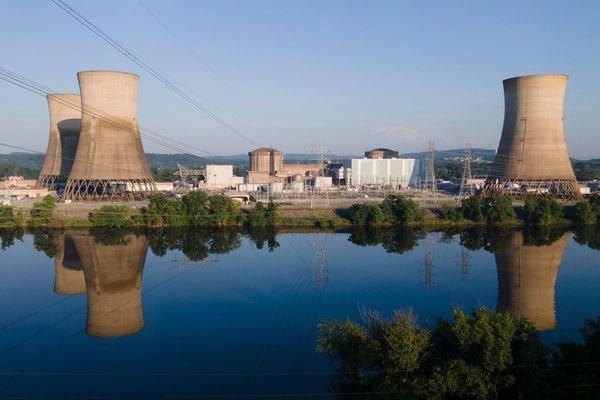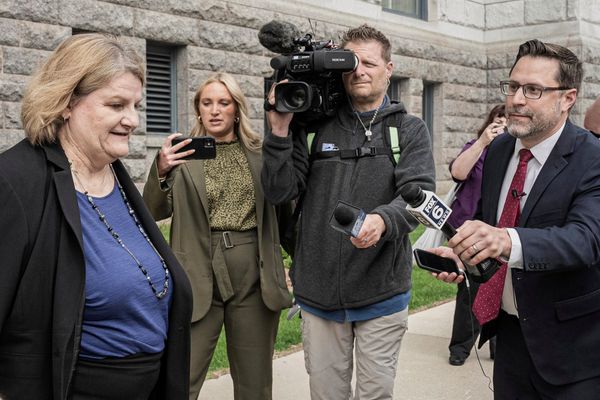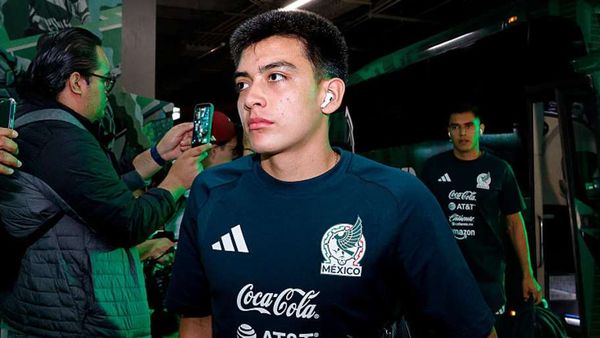Vladimir Putin has been sworn into his fifth term as Russia’s leader in a ceremony attended by Russia’s political elite but boycotted by the UK, US and most European envoys.
The ceremony, which begins a presidential term that could end with Putin in power for 30 years, was marked by a bellicose speech trumpeting Russia’s national interests as he wages war in Ukraine and clashes with the west.
In his speech, Putin sought to claim a mandate for a foreign policy that has left tens of thousands of Russians and Ukrainians dead after two years of war as tensions reached “unprecedented” levels.
“You, citizens of Russia, have confirmed the correctness of the country’s course,” he said during a speech in the St Andrew Hall in the Grand Kremlin Palace. “This is of great importance right now, when we are facing serious challenges. I see in this a deep understanding of our common historical goals, a determination to steadfastly defend our choice, our values, freedom and Russia’s national interests.”
While the inauguration will change little in Russia after an uncompetitive election decried by Putin’s opponents as neither free nor fair, it may lead to a government shake-up and a period of belt-tightening as Putin is forced to take unpopular decisions such as raising taxes to offset the costs of the war and western sanctions.
The Russian prime minister, Mikhail Mishustin, signed an order on Tuesday that dissolved the cabinet. The Kremlin spokesperson, Dmitry Peskov, said Putin could nominate a new prime minister as soon as Tuesday.
Putin’s cabinet will continue in an acting capacity until new candidates are chosen.
The Kremlin downplayed the boycott of the event by western diplomats, pointing to a handful of European countries that sent representatives to the event. Envoys from France, Hungary, Slovakia, Greece, Malta and Cyprus attended the inauguration.
Several western countries recalled their ambassadors before the event. The US Ambassador to Moscow, Lynne Tracy, was not in Russia on the day of the inauguration, the Kremlin said.
Berlin on Monday announced it had also recalled its ambassador for a week of consultations in Berlin because of an alleged Russian cyber-attack against Germany’s ruling Social Democratic party.
Putin’s opponents used the day to think of the victims of his rule and Russia’s trajectory deeper into authoritarianism.
“War, political assassinations, impoverishment of Russians,” wrote Yulia Navalnaya, the wife of the late opposition leader who died in a penal colony earlier this year under murky circumstances. “There is no prosperity for Russia, there is no peace and freedom for our citizens.”
The Estonian foreign minister, Margus Tsahkna, said on X: “Estonian diplomats will not attend on Putin’s inauguration after his so-called elections while Ukrainians are daily being killed and deported. We do not celebrate with aggressor. It’s also worth reminding that Putin is wanted for war crimes.”
Putin is the Kremlin’s longest-serving leader since Joseph Stalin and may surpass his 31 years if he remains in power after 2030.
In a subsequent blessing held in a church, the Russian Patriarch Kirill compared Putin to the legendary medieval prince Alexander Nevsky, saying that he “did not spare his enemies, but he became famous as a saint.
“The head of state must sometimes make fateful and formidable decisions,” he said. “And if such a decision is not made, the consequences can be extremely dangerous for the people and the state. But these decisions are almost always connected with victims.”
Putin, in his speech, denied that Russia was isolated more than two years into its invasion of Ukraine, saying that the “world’s majority … view Russia as a reliable and honest partner”.
Speaking of the west, he said: “The choice is up to them: they can either keep trying to contain Russia and continue the policy of aggression and years-long pressure on our country, or they can start looking for a path to cooperation and peace.
“Dialogue, including on security and strategic stability, is possible, but not from a position of strength, without any arrogance, swagger and exclusivity claims, but only on equal terms and with due respect for each other’s interests,” he added.







